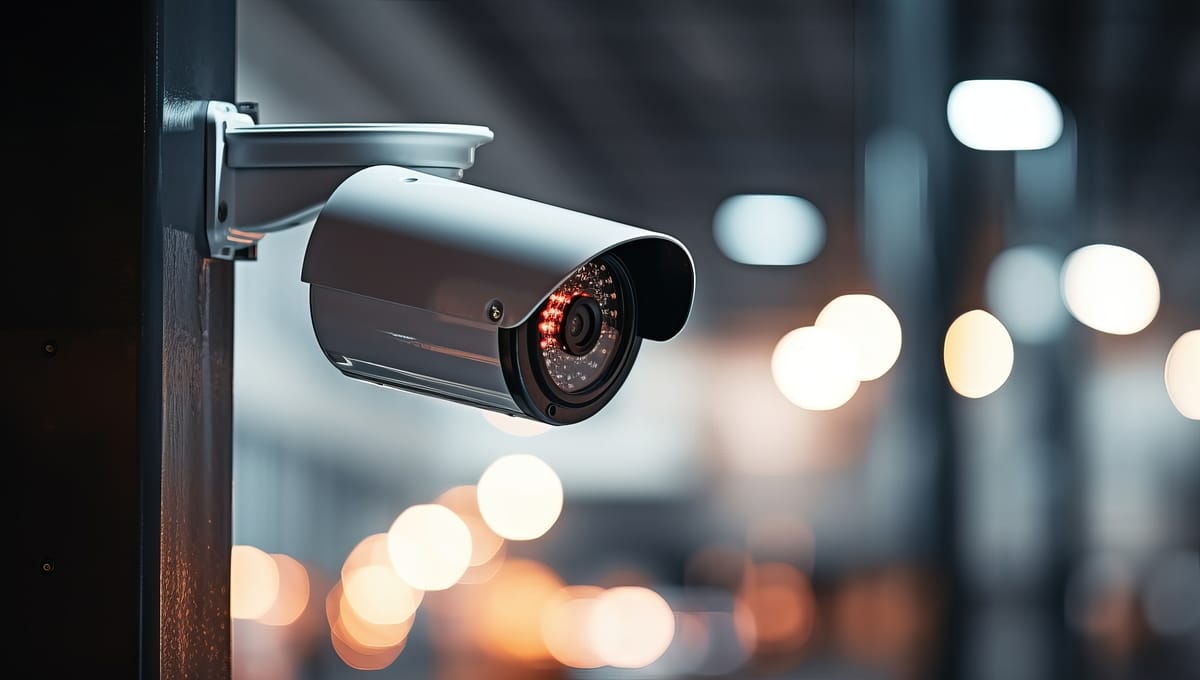In today’s world, churches must be vigilant in ensuring the safety and security of their congregation. From active shooters to property crimes, there are numerous threats that can disrupt the peace and sanctity of houses of worship.
Using a church security system is key to developing a comprehensive church security plan and is essential in addressing these concerns and maintaining a safe environment for all.
Developing a comprehensive church security plan involves understanding various threats, building a security team, leveraging technology, and collaborating with local law enforcement.
By taking a proactive approach to security planning and continuously evaluating and updating their plan, churches can ensure the safety of their congregation and maintain a secure environment for worship.
Here are some Frequently Asked Questions about church security:
What do churches do for security?
Churches typically appoint individuals with security backgrounds such as military, police, fire or other similar professions to create and develop a comprehensive security plan. It is essential for churches to find the right personnel and involve them in their security strategies.
How to implement security at church?
Ensure executive buy-in, conduct a risk assessment, receive professional feedback, run background checks, train team members, assign roles, draw attention to exits, and prepare emergency scripts – all of these steps should be part of an effective church security plan.
Creating a church security plan is an important step in keeping your congregation safe. It should include executive buy-in, a risk assessment, professional feedback, background checks, team member training, role assignments, exit points, and emergency scripts.
Taking the time to plan ahead can help ensure the safety of your church and its members.
What does the Bible say about security in the church?
The Bible emphasizes that God has put authorities in place to protect us, which includes security in the church. This means that rebelling against this authority brings judgment on ourselves.
Additionally, rulers hold no terror for those who do right, reinforcing the importance of security and safety in the church.
What is the responsibility of church security?
Church security officers are responsible for protecting the church, its members, and employees from theft, fire, vandalism, and other criminal activities.
What are some common security threats faced by churches?
Churches face common security threats such as active shooters, vandalism, robberies, and medical emergencies, making it essential for them to take proactive steps to ensure the safety of their community.
To do this, churches should consider implementing a comprehensive security plan that includes physical security measures, emergency response protocols, and training for staff and volunteers.
Physical security measures can include installing security cameras, motion sensors, and access control systems. These systems can help deter people from using them.
This information is courtesy of SaferWatch, a mass notification solution and panic button system that is specifically designed for law churches and places of worship, offering features such as multi-channel communication, two-way messaging, and geo-targeting to enhance emergency response and communication, www.saferwatchapp.com.





